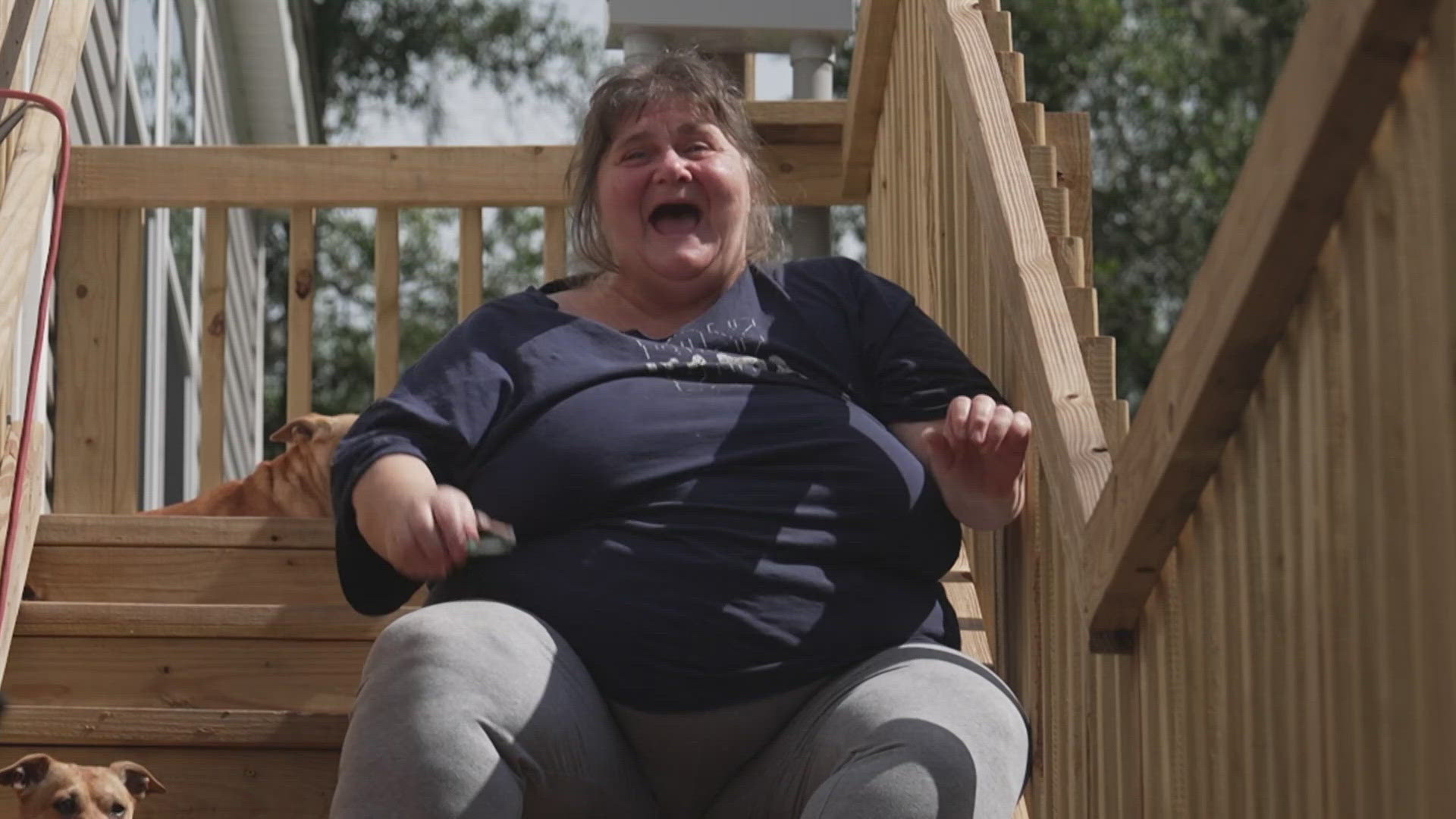Plant City, Florida -- Erik Weyant has been living in prison for nine years; that’s less than half of the 20-year sentence he’s been mandated to serve.
In 2006, Weyant, then 23, was in a parking lot when he says a group of men surrounded his truck.
Weyant says he made a split-second decision and fired some “warning shots” — in self-defense.
“The things that I did were for to protect myself not to harm anyone else,” Weyant told 10Investigates Beau Zimmer. “I had never been in trouble I had never had any interactions with the law.”
No one was injured or even touched in the incident.
That meant if the jury found Weyant guilty, he would face a mandatory 20-year prison sentence.
Legal experts have said that Weyant might have received only a few months in jail given the fact he had no criminal history.
“It didn't enter my mind as being a possibility,” Weyant said.
Weyant turned down a plea deal of three years in prison and decided to take his case to trial.
Greg Newburn, with Families Against Mandatory Minimums, says defendants who feel justified in their actions, often claiming self-defense, will gamble their fate at trial.
“We call it the trial penalty,” Newburn said.
It took jurors less than two hours to convict Weyant of aggravated assault — they were not allowed to know about the 20-year sentence that guilty verdict would result in.
“When most people think about the sentencing process or the criminal justice system they think a judge will get to impose an appropriate sentence,” Newburn said.
10Investigates sat down with Polk County Judge Neil Roddenbery, who sentenced Weyant in 2007.
“If I had the discretion, I would not have sentenced him to 20 years,” Roddenbery said.
But the fact is that laws with mandatory minimums like 10-20 Life remove all discretion from judges.
Roddenbery says that discretion is very important, “A fixed number doesn't allow you to factor in anything other than the conviction,” he said recalling that Weyant had no criminal history.
Roddenbery said there were other circumstances in Weyant’s case he could have taken into consideration in sentencing had he been given the opportunity.
That opportunity to hand down a just sentence was given back to judges this past February when legislators unanimously amended the law, removing “aggravated assault."
Now judges won't be forced to sentence a mandatory minimum of 20 years in similar cases.
“Not every aggravated assault case with the discharge of a firearm is the same case,” Roddenbery said.
However, this amendment does not affect cases already tried, so Weyant still has 11 more years left in prison.
“Assuming he’s guilty of everything that they say, it is an unnecessarily harsh sentence — it’s a heartbreaking sentence,” Newburn said.
A sentence Weyant is living out.
“You know, so young, immature — and to have one mistake cost you this much of your life. You just wish that you could get another chance,” Weyant said.
Weyant could have a second chance through the mercy of the Florida Clemency Board, but so far no one has reviewed his case.


